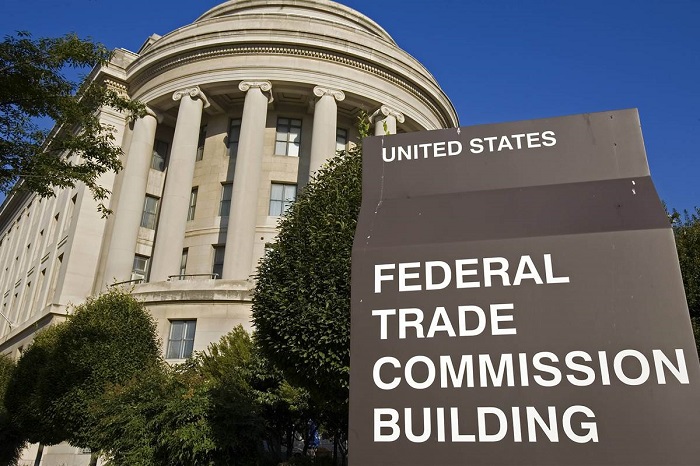In an effort to hold on to whatever ounce of authority it has over common carriers, the Federal Trade Commission (FTC) is petitioning the 9th US Circuit Court of Appeals for a rehearing in a case involving AT&T’s curbing of unlimited data plans.
The 9th Circuit panel previously decided that the FTC is not allowed to punish AT&T for its actions. Should it fail in its second bid against the company, the FTC will likely not be able to protect consumers from similar common carrier malpractices. This includes those committed by Internet service providers, mobile phone carriers, and others.

Before getting into the FTC’s case for why it should be allowed to punish common carriers that’ve done wrong by their consumers, it is worth pointing out that in the Commission’s charter from Congress, it’s explicitly stated it is not allowed to regulate common carriers.
Where things get a bit murky is that in the past, the FTC has exercised a certain authority, if you will, in terms of regulating these companies when it comes to offering uncommon carrier services.
In the AT&T case, the 9th Circuit panel determined the company is immune from FTC oversight entirely, even when it’s not acting as a common carrier.
The FTC’s position on the matter is clear in the language used within the petition:
The panel’s ruling creates an enforcement gap that would leave no federal agency able to protect millions of consumers across the country from unfair or deceptive practices or obtain redress on their behalf. Many companies provide both common-carrier and non-common-carrier services—not just telephone companies like AT&T, but also cable companies like Comcast, technology companies like Google, and energy companies like ExxonMobil (which operate common carrier oil pipelines). Companies that are not common carriers today may gain that status by offering new services or through corporate acquisitions. For example, AOL and Yahoo, which are not common carriers, are (or soon will be) owned by Verizon. The panel’s ruling calls into question the FTC’s ability to protect consumers from unlawful practices by such companies in any of their lines of business.
Now, while the FTC cannot regulate common carriers, there is the Federal Communications Commission (FCC), which can exercise such rights. In its petition, though, the FTC argues that the FCC “. . . lacks authority over other products or services, such as e-mail and e-commerce”, and that it does not have the authority to seek refunds on behalf of consumers, which the FTC can do.
Adding a layer of complexity to the situation is the FCC’s recent decision to reclassify broadband providers as common carriers. The FTC argues: “For example, Comcast, the nation’s largest cable provider (and the owner of NBCUniversal), is now a common carrier because it provides broadband service,” the FTC said. “Technology giant Google, which runs a variety of businesses, provides common-carrier broadband service through its Google Fiber subsidiary. Dish Network, a satellite television provider, also provides satellite broadband. All these companies have been subject to FTC enforcement actions—Google four times since 2011—but may now seek to shield all of their conduct from consumer protection enforcement.”
Of particular concern to consumers is the aforementioned “enforcement gap” that exists between the two commissions when it comes to data privacy and security. “The FTC is the nation’s primary protector of consumer data privacy, but under the panel’s ruling it could be powerless against any company that provides a common-carrier service,” the FTC said. “Consumers would have no protection from breach or misuse of their personal information or practices like false advertising or improper billing.”
The 9th Circuit panel that ruled against the FTC included three judges; the FTC is now seeking an en banc hearing in front of 11 judges. If this fails, the Commissions may elevate the case to the Supreme Court.
The FTC argues the panel’s decision conflicts with prior decisions made by the 9th Circuit and other appeal courts. “This Court has held that the same company may be a common carrier 'in some instances but not in others, depending on the nature of the activity which is subject to scrutiny,'” the FTC said. The Commission added that the FTC Act of 1914 was passed at a time when the term “common carrier” had a much different meaning than it does today. FTC Chairwoman Edith Ramirez has previously argued Congress should do away with the common carrier exemption entirely, on ground that it is an outdated definition from a time when telecom companies where highly regulated monopolies that didn’t also own a verity of unrelated services.
Via arstechnica
Advertisement
Learn more about Electronic Products Magazine





